';
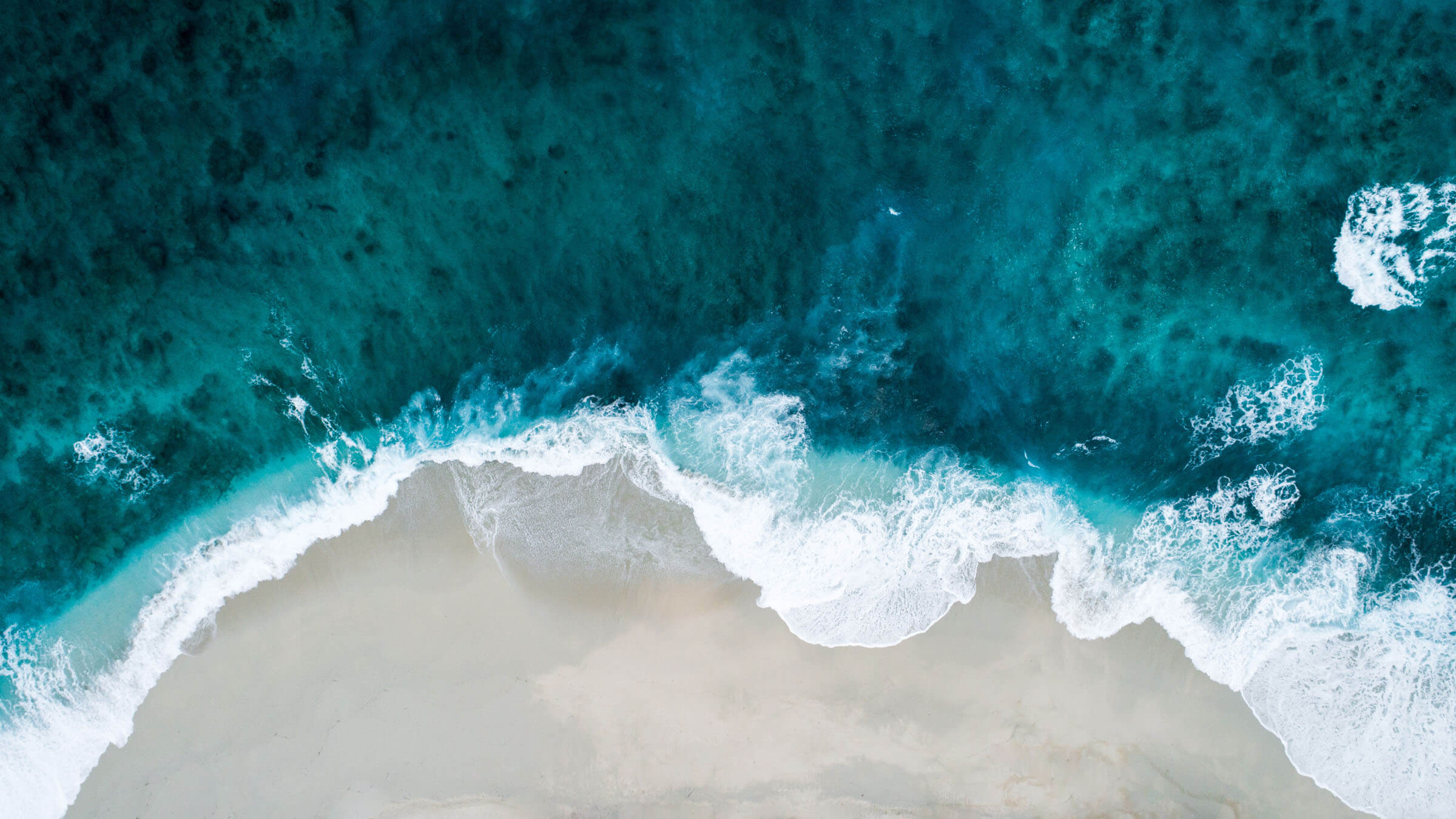

Events
Quiz: How Aware Are You Really About The Ocean Plastic Problem?
More than 40% of plastic around the world is used once and thrown away – and it's killing our oceans. What can you do to help? Step 1: Take this quiz
By Jessica KellerScroll
From sterilised medical tools to microwave meals and affordable toys, the invention of plastic has changed our lives in ways both big and small. But the rate at which we’re consuming and discarding plastic – especially single-use products – is getting out of control and creating real problems for our oceans.
Just how bad is the issue, and what can you do to help? Take this test to find out.
1. How many metric tons of plastic trash end up in the world's oceans each year?
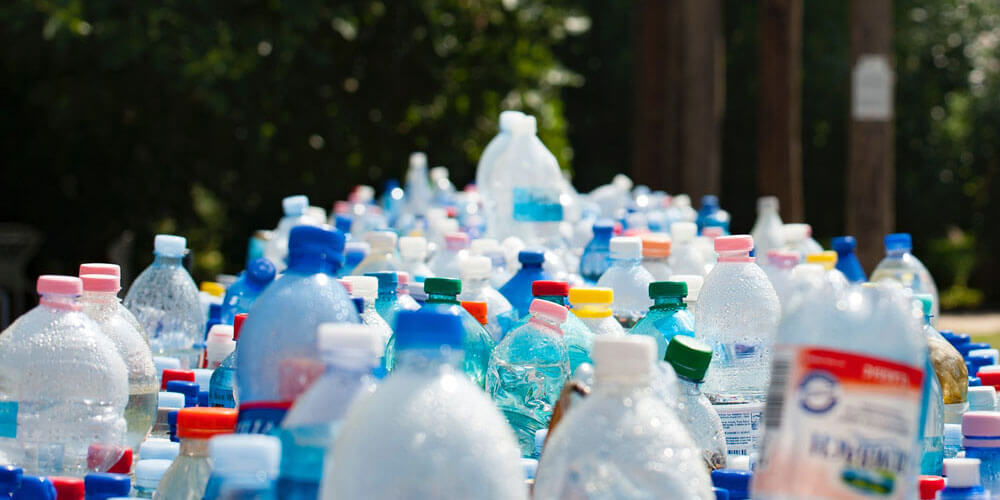
Correct!
Wrong!
-
2. Coral reefs support 25% of all marine life, but they are fragile ecosystems, highly susceptible to climate change and other human-made threats, such as the proliferation of plastic waste in the ocean. Experts expect more than 90% of coral reefs to die by the year:
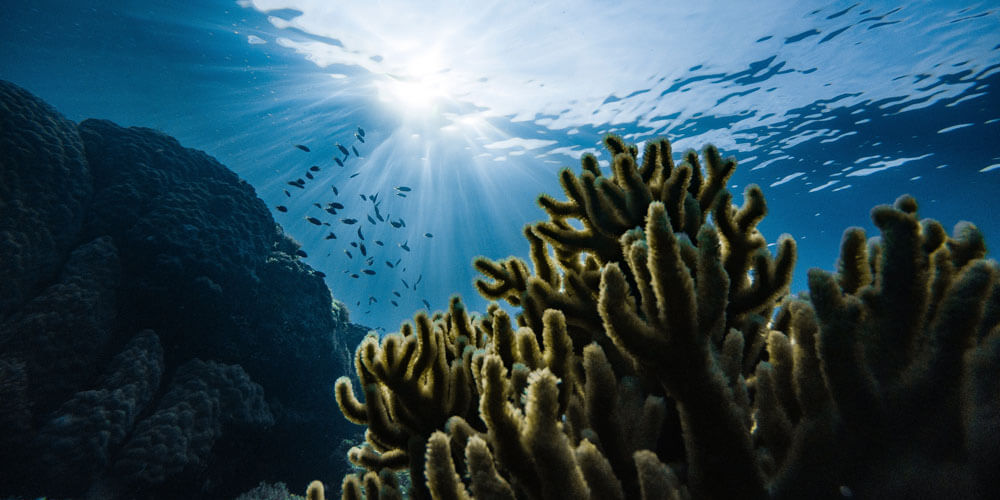
Correct!
Wrong!
-
3. True or false: The majority of the plastic in our oceans is broken into small pieces of 1/4 of an inch or smaller and scattered over massive areas.
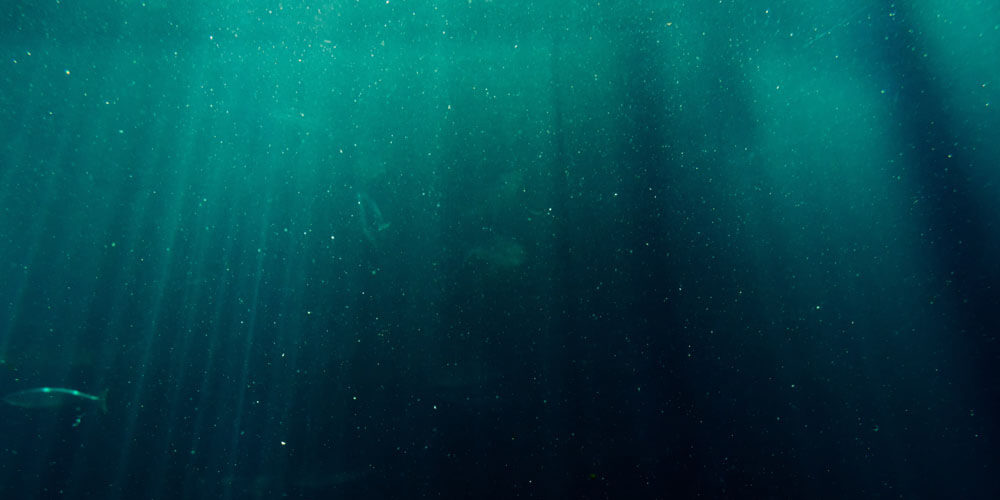
Correct!
Wrong!
-
4. True or false: Most of the plastic pollution floats on the surface of the water, making it easy to skim the surface in clean-up efforts.
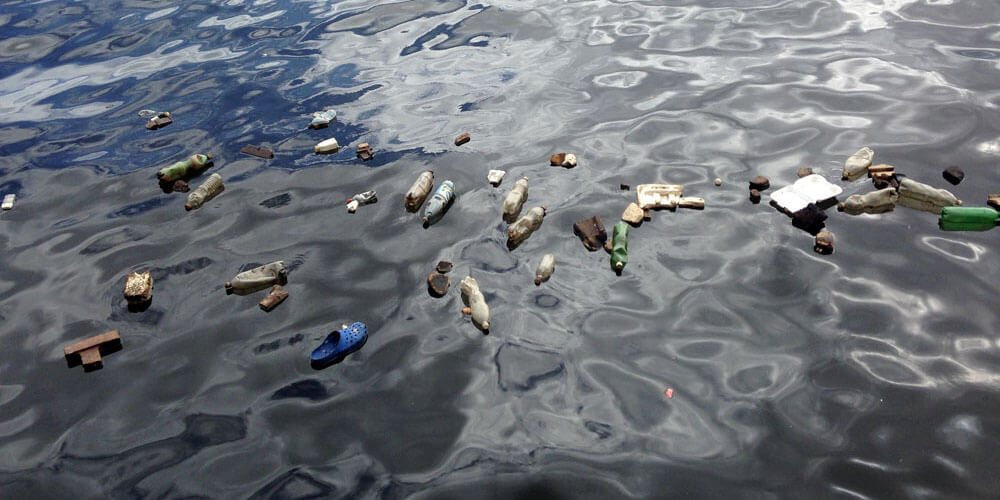
Correct!
Wrong!
-
5. Nearly half of the plastic ever manufactured was made in the past ___ years.
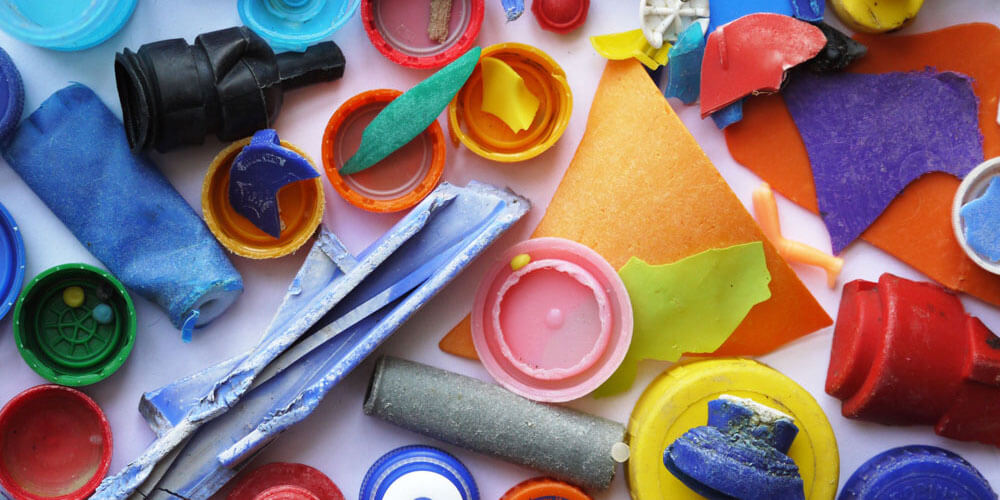
Correct!
Wrong!
-
6. Half of all the plastic waste in the ocean comes from what area of the world?
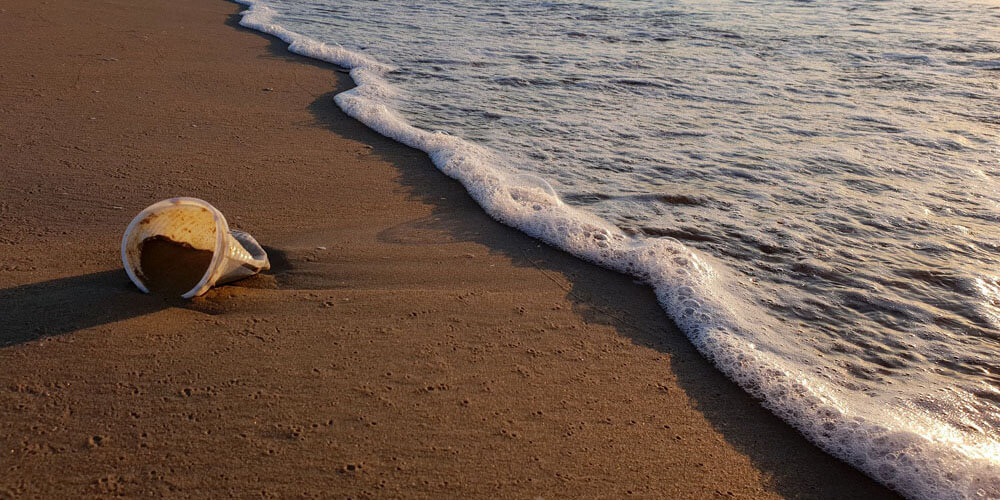
Correct!
Wrong!
-
7. One popularly cited statistic estimates that 500 million of these are used and thrown away every day in the US:
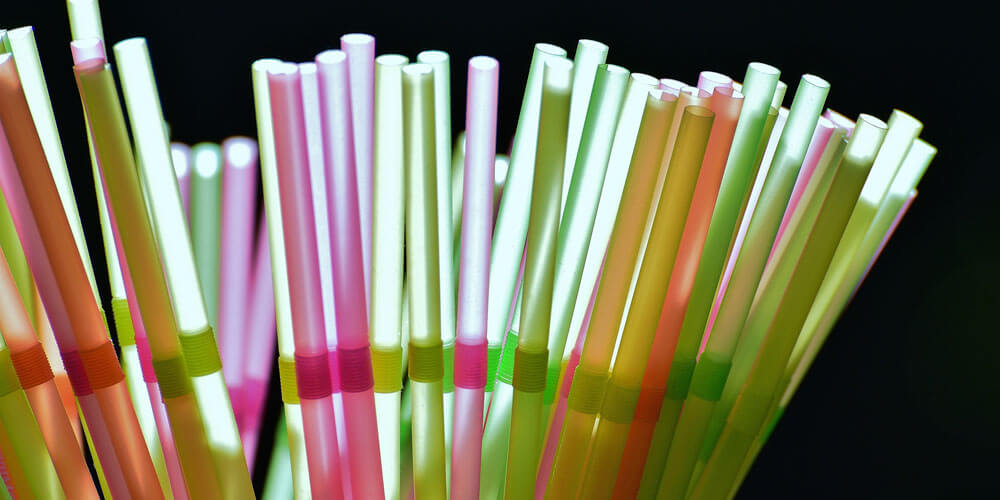
Correct!
Wrong!
-
8. The Great Pacific Garbage Patch (GPGP) has been in the news recently. According to official estimates, about how many plastic pieces currently make up the garbage patch?
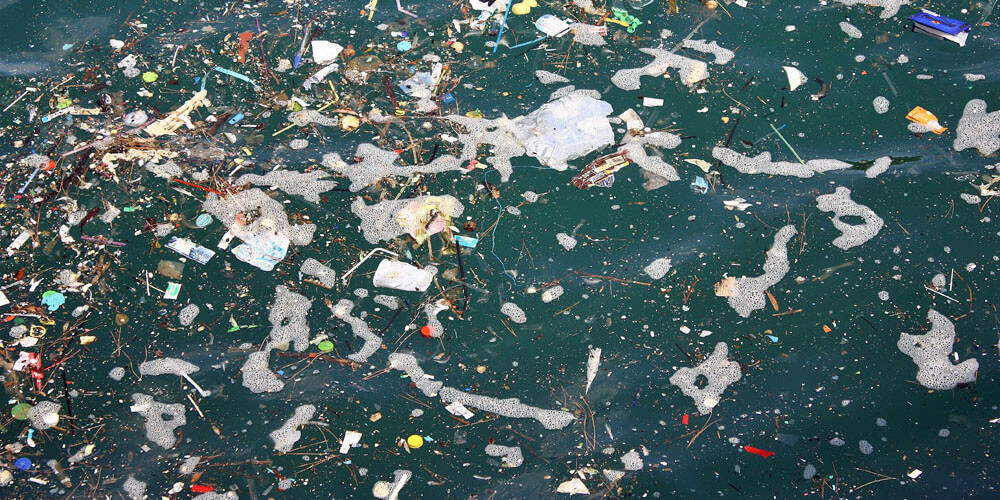
Correct!
Wrong!
-
9. The GPGP is the largest accumulation of ocean plastic in the world, but it isn't the only one. There are 4 other major vortexes of ocean plastic, known as:
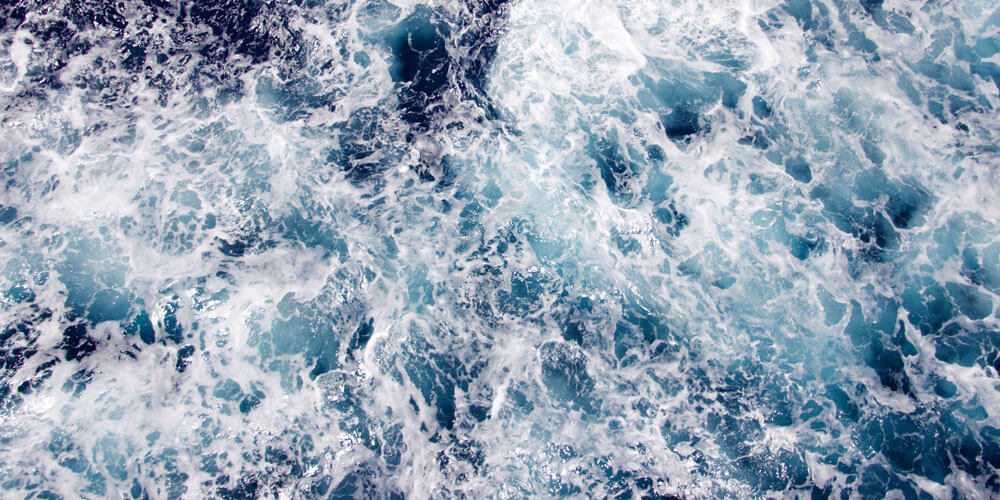
Correct!
Wrong!
-
10. Animals can get trapped and entangled in large plastic items, but tiny "micro plastics" are also harmful, as marine animals often mistake them for food. What happens when animals ingest plastic?
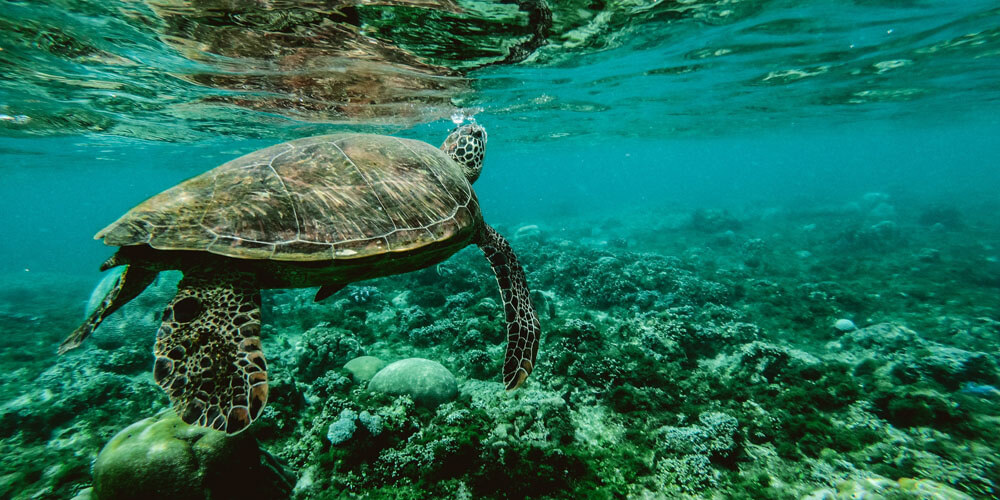
Correct!
Wrong!
-
11. If we don’t start proactively reducing our plastic consumption and waste, then there will be more plastic than fish in the ocean by the year
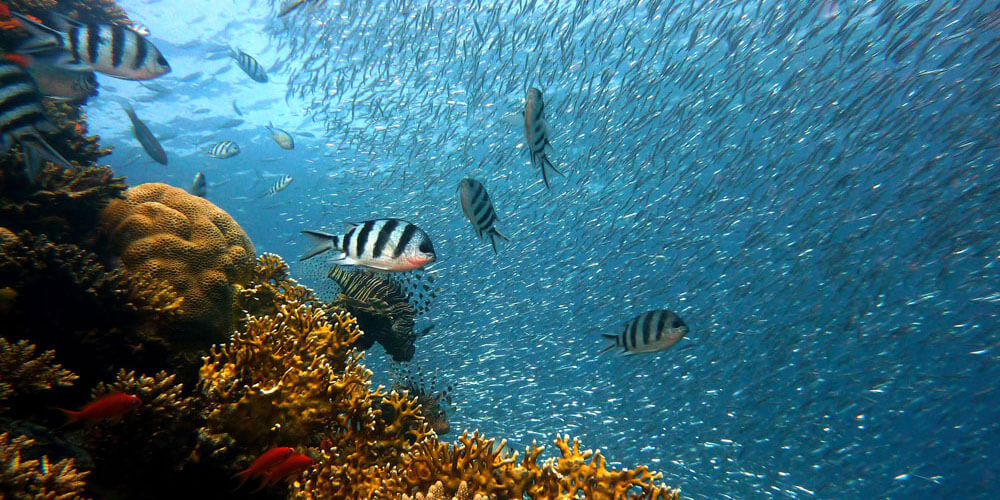
Correct!
Wrong!
-











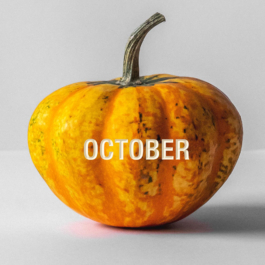

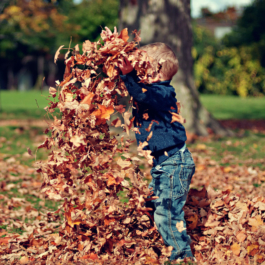
Sorry, the comment form is closed at this time.